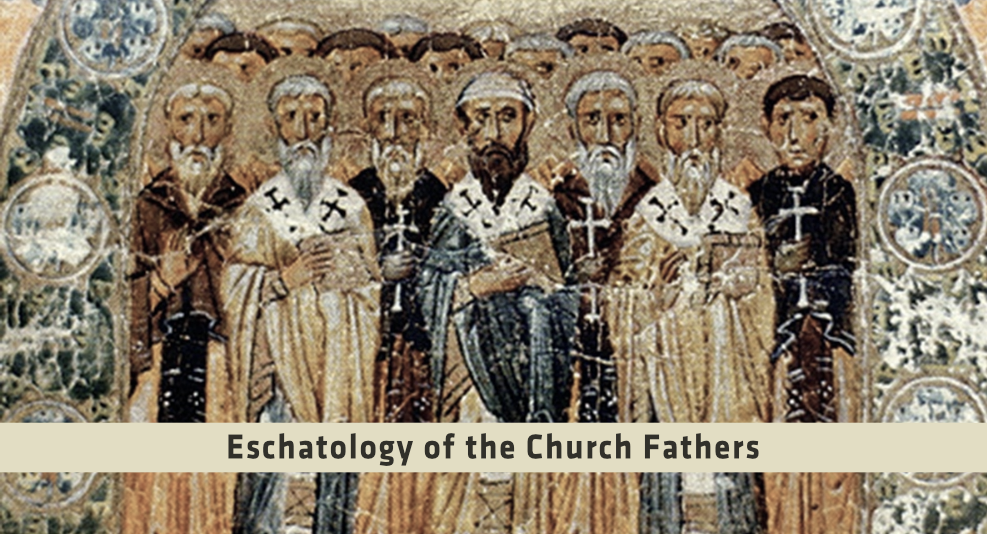
What was the pervading eschatology of the church fathers? Did they have any consensus on eschatological beliefs? You might be surprised.
Every once in a while I spot an online squabble about the early church fathers’ beliefs. Sometimes it’s an academic one regarding epistemology; Augustine, Thomas Aquinas etc. Often it’s about rapture timing and millennialism.
Pretribulationists sometimes claim that a particular CF taught the pretrib rapture. For some reason non-pretribbers will energetically oppose the idea that any pre-Darby individual was pretrib. See our previous article. Are the CFs always reliable guides?
Ladd’s quandary
George Ladd was a Covenant Theologian was also “Historic Premil” and posttribulational. He wrote,
“Let it be at once emphasized that we are not turning to the church fathers to find authority for either pre or posttribulationism. The one authority is the word of God, and we are not confined in the strait-jacket of tradition… While tradition does not provide authority, it would nevertheless be difficult to suppose that God had left his people in ignorance of an essential truth for nineteen centuries.” ~ George Ladd, The Blessed Hope. (Underline mine)
See Walvoord’s review of Ladd’s book HERE. More important to this issue is Ladd’s hermeneutics and interpretation of the Old Testament. Was he a supersessionist? Yes! Michael Vlach addresses these questions at his blog.
The CF problem
The CFs were posttribulational. It isn’t helpful for a pretribber to look to them for an historic substantiation of pretribulationism. As Stitzinger pointed out, they were intra-tribulational—that is, the church was already in the tribulation.
They (like Ladd) also believed that the church was the New Spiritual Israel; which is one reason why he equivocated on the subject of the authority of tradition versus Scripture. In Forsaking Israel, Larry Pettegrew points out that even the premillennial CFs (without exception) were supersessionists. Yes, even Irenaeus!
Beginning with Origen, they were mostly amillennial. Pettegrew further notes that Abelard wrote a book to demonstrate the theological inconsistencies and contradictions of the CFs (page 13).
Concluding thoughts
To properly understand eschatology we must (among other things) identify which entity is being addressed in a given prophetic passage. The Olivet Discourse is an example. What is its focus—the church or Israel? I discussed this in a blog post where I sourced Forsaking Israel and cited Robert Van Kampen and Alan Hultberg (Prewrath rapturists).
Hultberg was made aware of Pettegrew’s critique and responded. I added my thoughts at the bottom of the post. But, essentially, Hultberg employs supersessionist language in his defense of prewrath in Three Views of the Rapture. This is important.
Many years ago I read a book presenting a new rapture view. Its main theme was a polemic against pretribulationism. The premil individual cited several people and theologians of the past who weren’t pretribulational. Ironically, he missed the point that they were eschatologically diverse (some were amillennial), and none of them held to his new view.
For example, prewrath rapturists like to cite Irenaeus as an example of a posttribulational premil CF. But he clearly stated that the Great Tribulation was three-and-a-half years, not shortened as is vital to the PW position. What do we say then?
My take away point is that if we look to the CFs to endorse particular details of our modern eschatological positions, we might find ourselves more frustrated than enlightened.
Maranatha!
